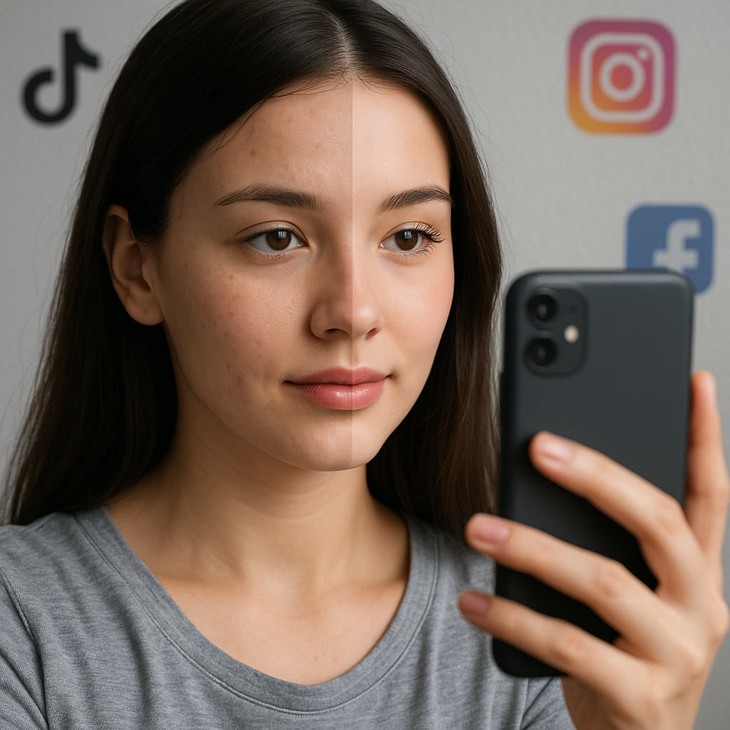
The difference between using virtual filters and not using virtual filters
What is the virtual filter that makes young people passionate and creates the current trend?
Virtual filter (also known as image filter) is a graphic effect integrated in photo, video recording or social networking applications such as TikTok, Instagram, Facebook, Snapchat...
Just turn on the phone camera or application, the virtual filter can automatically beautify the user's face: whiten skin, slim face, enlarge eyes, remove defects, even "completely change appearance" in just a few seconds.
Thanks to the development of artificial intelligence (AI) and real-time image processing technology, today's filters are becoming more sophisticated and "real", making it difficult for users to distinguish between real and filtered photos.
When beauty filters become invisible pressure
At first, using filters was just for fun, to make photos more sparkling. But gradually, filters became the "default beauty standard" on the internet.
Many young people admit that they are increasingly lacking confidence in their real appearance, even afraid to meet friends or strangers in real life for fear of their "true face being revealed".
“Once I made an appointment to meet a girl I met online. Her photos on Facebook were very beautiful, but in real life she was completely different. I felt disappointed,” Minh Duc (22 years old, office worker) said.
Not only that, these "virtual" images make it easy for young people to compare themselves with others, which creates pressure on appearance, even anxiety and stress.
“Self-image disorder” because of filters?
According to psychologists, if users rely too much on filters, their self-identity can be affected.
Dr. Le Minh Tien, a psychology expert, commented: "Overusing filters can make young people dissatisfied with their true image, gradually creating a feeling of inferiority."
Some international studies have even shown a link between filter abuse and Body Dysmorphic Disorder (BDD) when users always think they are not beautiful enough and do not accept their natural appearance.
The “No filter” trend loves yourself again
Fortunately, in recent years, the “No filter” trend has gradually spread. Many young people have chosen to post real, unedited photos, with hashtags like #NoFilter, #RealSkin, #BodyPositivity to encourage confidence and self-love.
Many international celebrities like Zendaya, Bella Hadid or Vietnamese influencers like Khanh Vy, Diem My 9X also actively spread this message of living authentically.
That shows: although filters are very popular, the value of honesty and self-confidence is always appreciated.
Need community support
To help young people not get "stuck" in the world of virtual filters, cooperation from many sides is needed.
For users, it is important to be aware that filters are just supporting tools, not standards for comparison or self-evaluation.
Families and schools need to educate students about the diversity of beauty, helping them build confidence from within instead of chasing virtual images online.
On the social media platforms side, some European countries have required labeling when photos/videos use strong editing filters, something that platforms in Vietnam can also consider applying to create a more transparent and healthy network environment.
Love yourself - whether in the real world or the digital world
Filter is not wrong . Technology is just a tool to serve people.
But if we let filtered images become the only standard of beauty , we are inadvertently limiting ourselves to a virtual world that is not real.
Most importantly: learn to love yourself, whether in the real world or the digital world .
Source: https://tuoitre.vn/khi-filter-ao-tro-thanh-chiec-mat-na-vo-hinh-cua-gioi-tre-20250603104049196.htm



![[Photo] General Secretary To Lam attends the Digital Popular Education Symposium - Digital National Assembly](https://vphoto.vietnam.vn/thumb/1200x675/vietnam/resource/IMAGE/2025/9/13/43ebd93f0f5e4d98a2749dab86def7cd)

![[Photo] General Secretary To Lam attends the 80th Anniversary of the People's Court's Traditional Day](https://vphoto.vietnam.vn/thumb/1200x675/vietnam/resource/IMAGE/2025/9/13/ff42d08a51cc4673bba7c56f6a576384)
![[Photo] Hundreds of meters of Hoi An coastline seriously eroded](https://vphoto.vietnam.vn/thumb/1200x675/vietnam/resource/IMAGE/2025/9/13/57c85b745a004d169dfe1ee36b6777e5)

![[Photo] Vinh Hao-Phan Thiet Expressway has a frog's jaw](https://vphoto.vietnam.vn/thumb/1200x675/vietnam/resource/IMAGE/2025/9/13/a89ffa426f7a46ffb810cb1d7bdfb1b8)








































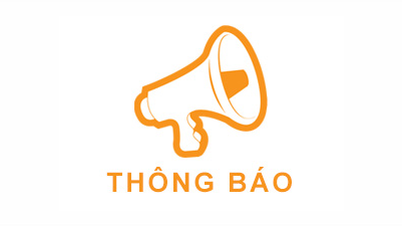


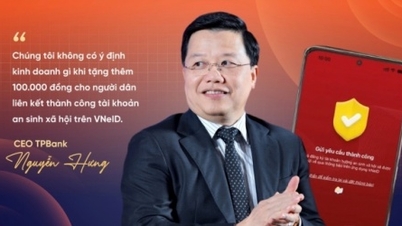






























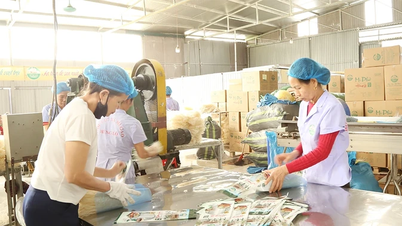











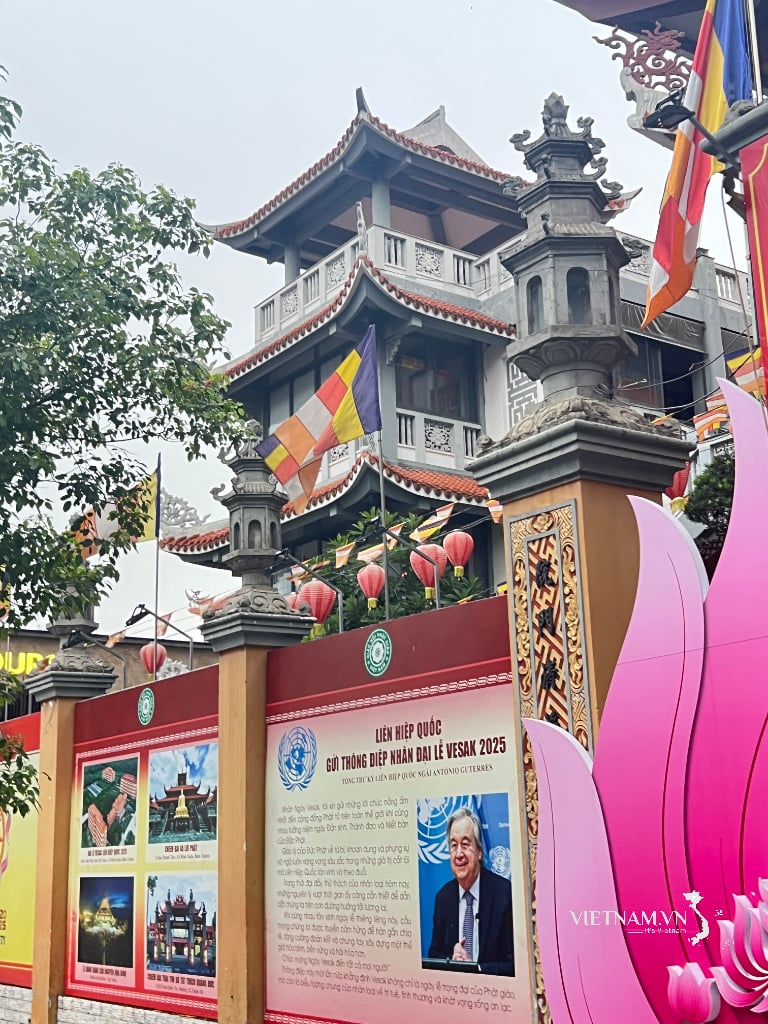
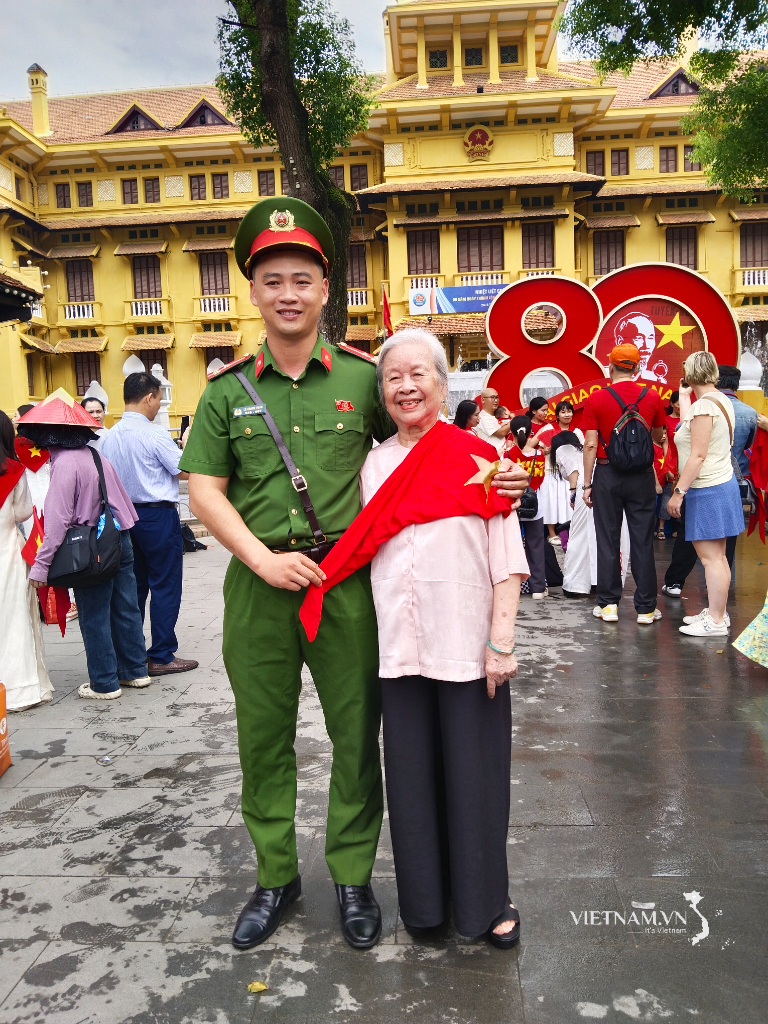
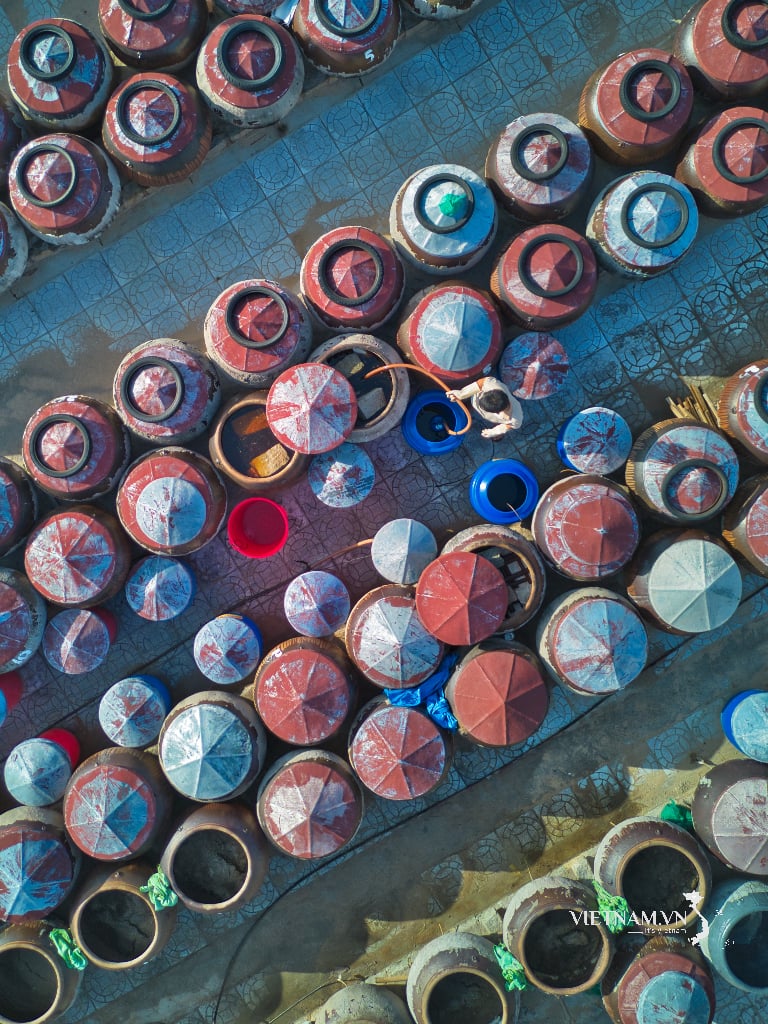
Comment (0)